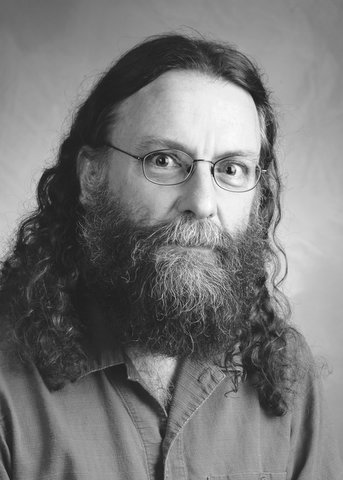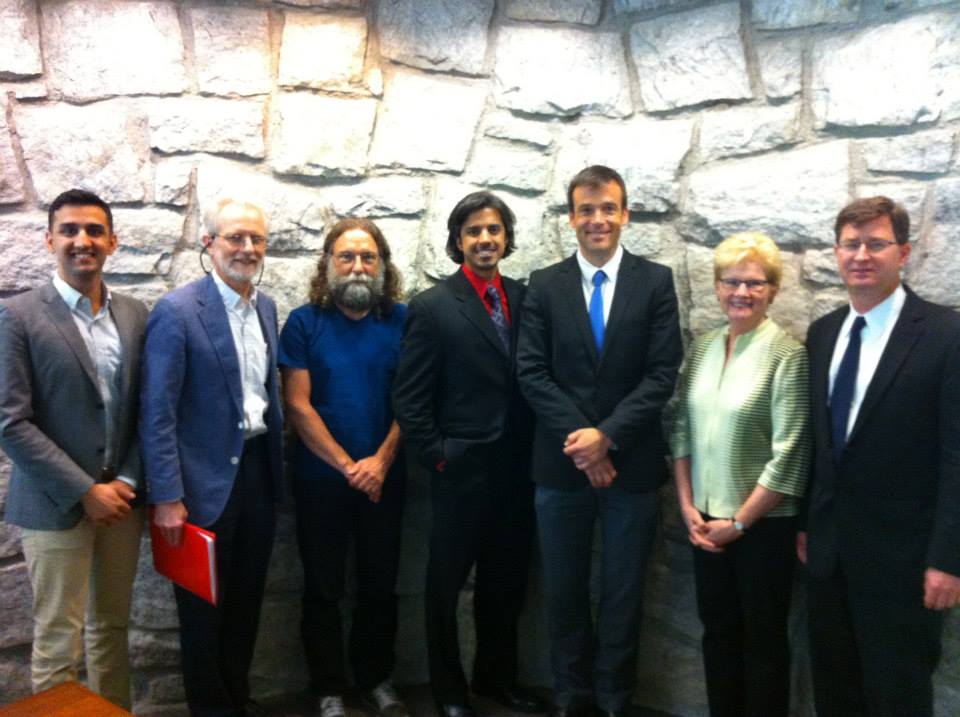Andrew Rippin Best Paper Prize 2018

In honor of Andrew Rippin, the International Qur’anic Studies Association (IQSA) will award a prize to the best paper delivered at the 2017 Annual Meeting in Boston by a graduate student or early career scholar (Ph.D. awarded 2012 or later).
The prize winner will receive $250 and an expanded and edited version of the paper will qualify for publication in the Journal of the International Qur’anic Studies Association.
Interested scholars should submit a draft of the paper which they read at the 2017 Annual Meeting at Boston; this draft should be no longer than fifteen double-spaced pages (or 3750 words). Submissions should be sent to jiqsa@iqsaweb.org by January 5, 2018. The prize winner will be announced by February 1, 2018. The winner should then be prepared to submit a fully revised version of the winning article by April 1, 2018. Publication of the final version is contingent upon review by the award committee and editorial staff of JIQSA.
The first annual Andrew Rippin Best Paper Prize was awarded to Jawad Anwar Qureshi of the University of Chicago for his paper “Ring Composition, Virtues, and Qurʾanic Prophetology in sūrat Yūsuf (Q 12)”. Visit this link for more details.
Andrew Rippin was the inaugural president of the International Qur’anic Studies Association (2014). He is remembered as “an esteemed colleague, revered mentor, and scholarly inspiration to many members of the IQSA community.”

Andrew Rippin (third from left) and colleagues at the spring 2014 IQSA board meeting, Atlanta, Georgia, USA
© International Qur’anic Studies Association, 2017. All rights reserved.


